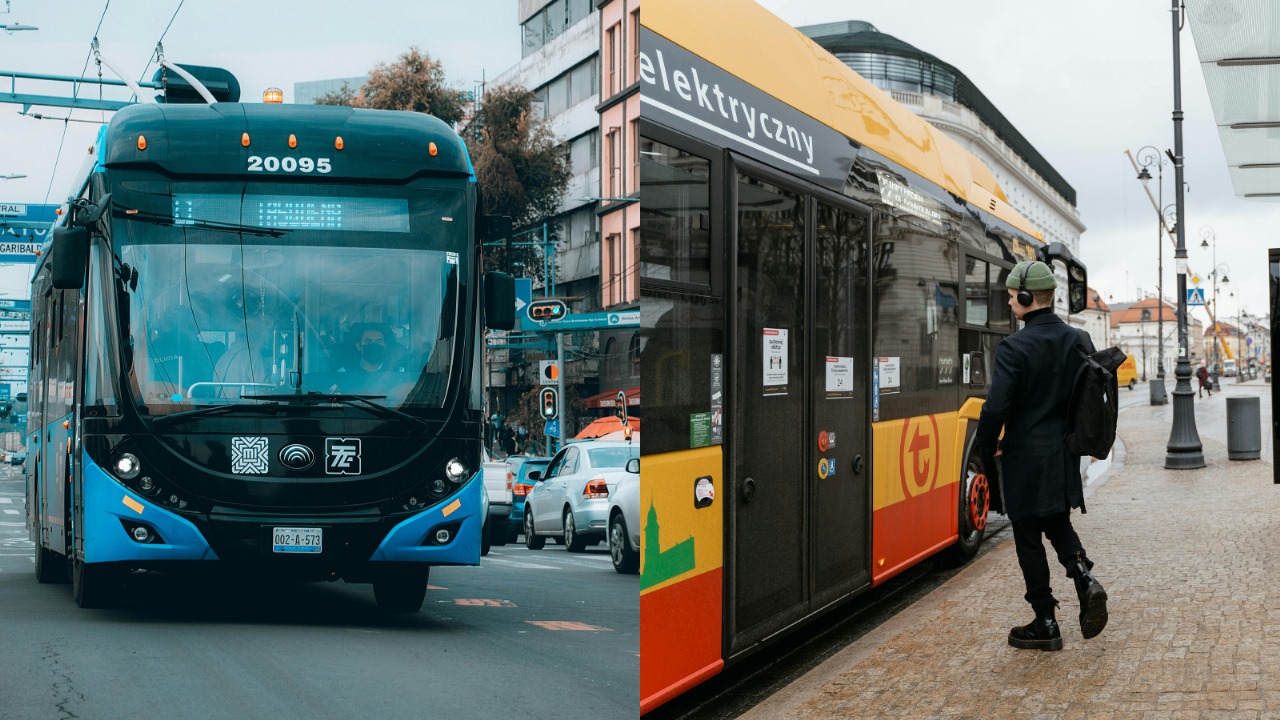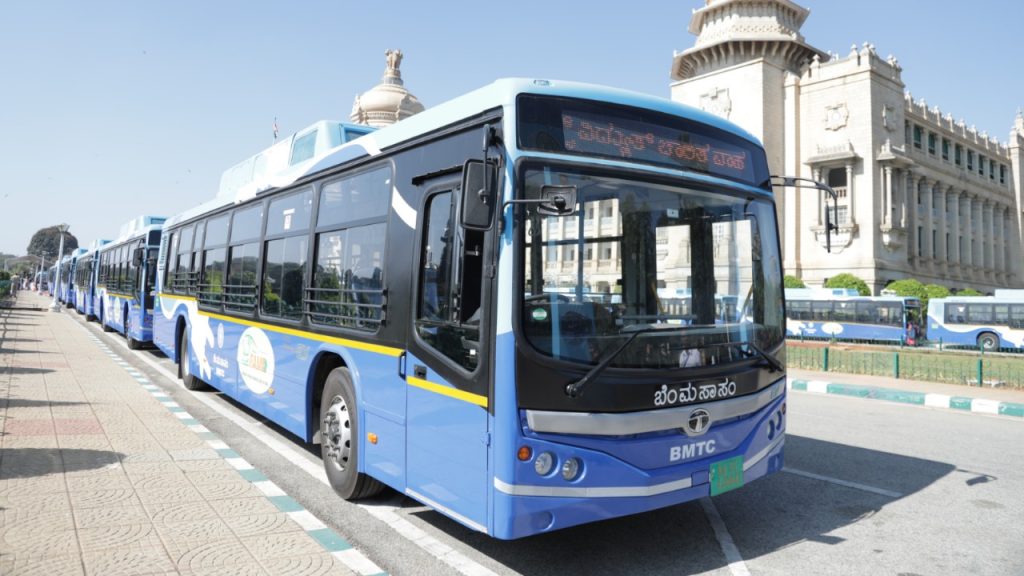
Electric buses are rapidly emerging as the future of public transportation, offering a sustainable and efficient alternative to traditional diesel-powered vehicles. Their adoption is driven by environmental benefits, cost savings, and advancements in electric commercial vehicle technology.
Environmental Benefits
Electric buses produce zero tailpipe emissions, significantly reducing urban air pollution and contributing to improved public health. They also operate more quietly than diesel buses, decreasing noise pollution in cities. These factors make electric buses a pivotal component in the global effort to combat climate change and enhance urban living conditions.
Economic Advantages
While the initial investment in electric buses can be higher, they offer substantial long-term savings. Operational costs are lower due to reduced fuel expenses, as electricity is generally cheaper than diesel. Maintenance costs are also diminished because electric buses have fewer moving parts, leading to less wear and tear. These economic benefits make electric buses a financially viable option for public transportation systems.
Technological Advancements
The development of electric commercial vehicles has led to significant improvements in battery technology, increasing the range and efficiency of electric buses. Innovations such as regenerative braking, which converts kinetic energy back into electricity, further enhance their efficiency. These technological strides are making electric buses more practical and appealing for widespread adoption.
Global Adoption Trends
Cities worldwide are increasingly integrating electric buses into their public transport fleets. For instance, European countries are investing in charging infrastructure to support the deployment of electric buses, aiming to reduce greenhouse gas emissions and improve urban air quality. Collaborations between vehicle manufacturers and energy companies are facilitating the establishment of comprehensive charging networks, essential for the widespread adoption of electric buses.
Tata Electric Bus

Tata Motors, a leading Indian automotive manufacturer, offers the Tata Starbus EV, an electric bus designed for urban transportation. The Starbus EV features a modern design, comfortable seating, and advanced safety systems. It is equipped with a high-efficiency electric drivetrain and a regenerative braking system, enhancing its operational efficiency. The bus also includes intelligent transport systems for real-time tracking and efficient fleet management.
Pricing Considerations
The price of electric buses varies based on specifications, battery capacity, and manufacturer. Tata Starbus EV is priced at ₹2.20 Crore*. It’s important to note that the initial purchase price is often offset by lower operating and maintenance costs over the vehicle’s lifespan. Additionally, government incentives and subsidies can further reduce the financial burden on transit authorities considering the switch to electric buses.
Conclusion
Electric buses represent a transformative shift in public transportation, offering significant economic and environmental benefits while aligning with global sustainability goals. As technology advances and infrastructure develops, electric buses are set to become a cornerstone of urban mobility solutions worldwide.
To learn more about electric buses and explore detailed information on all commercial vehicles, including prices, specifications, and comparisons, visit 91trucks. As a leading digital platform for the commercial vehicle industry, 91trucks provides comprehensive insights and the latest updates. It also supports young entrepreneurs under the “Atma Nirbhar Bharat” initiative and offers reliable, affordable used vehicles through its online platform and stores in Delhi and Gurugram, contributing to the growth of logistics and transportation.






